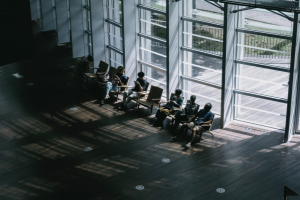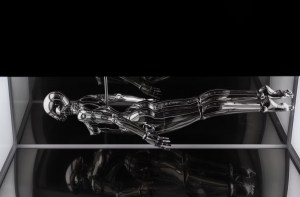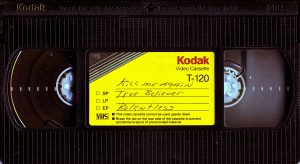The paradox of online dating
In an era where digital connectivity is at an all-time high, loneliness is paradoxically high, especially in early adulthood and late life. One factor contributing to loneliness among young adults is the hookup culture; brief, uncommitted sexual encounters between people who are not romantic partners or dating each other. A survey on hookup culture, involving 1,468 undergraduate students, revealed that 82.6% reported negative mental and emotional consequences after hookups, including embarrassment, loss of respect, and difficulties maintaining steady relationships.
Dating apps facilitate casual encounters, and although they are making it easier than ever to meet new people, this doesn’t make it easy to form meaningful relationships. Abundance comes from a sense of impermanence—one that fosters the illusion that the grass is always greener elsewhere. The gamification of dating encourages endless swiping, leading to a phenomenon known as “choice overload,” where making a decision becomes more difficult rather than easier.
The hyper-connected world of social media and dating apps often exacerbates feelings of isolation rather than alleviating them. Besides, 79% of Gen Z respondents feel burned out by dating apps, citing a lack of fun in the overly clinical nature of online dating (Forbes, 2024).
Right now, finding love can feel difficult. The challenge is no longer about finding hasty connections, but how does one find a deep lasting connection that is meaningful?
The struggle to build real-life connections
One of the struggles in modern love is not just finding a partner but maintaining a healthy relationship. Unlike previous generations, where relationship dynamics were often modeled through family structures and community, today’s young adults receive little to no education on how to sustain long-term partnerships. Why don’t we learn how to build and sustain a healthy relationship?
Rahil Roodsaz, an anthropologist and expert in love research at the University of Amsterdam, reflects: “I wonder how natural it will be for the next generation to experience the rhythm of a long-term relationship.” In modern society, personal choice and self-fulfillment are prioritized over commitment. Roodsaz explains: “Making a choice that aligns with your personal needs is considered a sign of strength and modernity. Because this emphasis is stronger than the value placed on intimacy and long-term connection, there is an imbalance.”
The role of brands in modern love
Brands are beginning to recognize these shifts and are stepping in to help navigate the new rules of love and connection. How can brands foster genuine social connections?
→ No ordinary love, Dazed X hinged
https://dazed.studio/projects/hinge-no-ordinary-love/
→ Bumble X Lalaland
https://www.canvas8.com/library/signals/2025/01/23/bumble-aids-offline-dating-experiences
The future of love
Luckily there is still hope, as Gen Z Hinge daters are actually more obsessed with romance than millennials: They’re 30% more likely than millennials to believe there’s one soulmate for each person and 39% more likely to consider themselves romantically idealistic—which means they have optimistic expectations for their romantic relationship (Gen Z Date Report, 2024). The key challenge for this generation is not just how to find love but how to nurture and sustain it.
For further watching & reading:
Because love has many forms:
→ All about love, new visions
A book by Bell Hooks
https://www.goodreads.com/book/show/17607.All_About_Love
De Laatste dans, 2Doc
On Gen Z, Millennials and dating by Hinge Labs:
→ Hinge Gen Z Dating report, 2024
https://publuu.com/flip-book/798187/1762447
How Gen Z is redefining sexuality and relationships:
→ FEELD X Kinsey University, The state of dating report
https://publuu.com/flip-book/798187/1762450

Author
Meera Radhoe
Share the signal.











